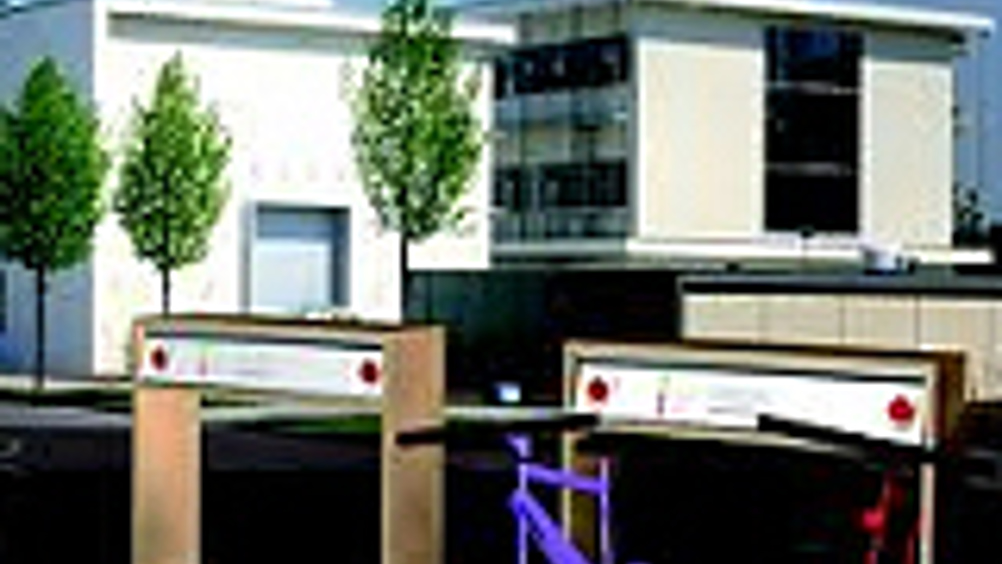EV charging station prototype is made of wood-plastic composite
Researchers in Germany are developing an alternative EV charging station based on environmentally compatible materials.

The team at the Fraunhofer Institute for Mechanics of Materials is looking to replace the traditional steel/aluminium clad housing normally used to protect cables, power outlets and electronic switchgear with honeycomb panels made of wood plastic composite (WPC).
WPC is a natural fibre composite made of 70% cellulosic wood fibre and 30% thermoplastic polypropylene. Traditionally used for weather resistant decking, it is easy to produce and contains no tropical timber.
According to researcher Sven Wüstenhagen, the composite material produces less CO2 emissions compared to steel, is created in a more environmentally friendly way, and is 100% recyclable.
"WPC could be used, for instance, to construct street furniture such as park benches or bus shelters," noted Wüstenhagen. "That's one of our next objectives. This is a viable proposition because WPC can be formed into almost any shape, unlike the metal sheeting used in currently available housings."
The researchers are now testing samples of the material in a climate chamber to assess its resistance to extreme temperature conditions and determine which additives or types of coating provide the best weather protection.
"It won't be long before the first 'all green' EV charging stations appear on our streets," Wüstenhagen concluded.








